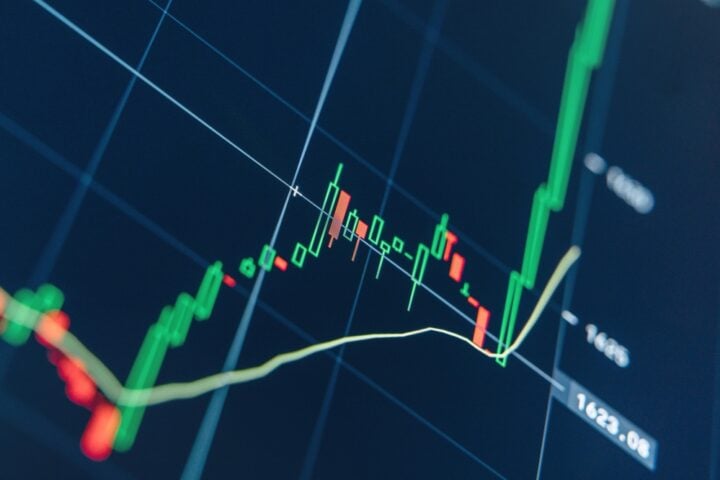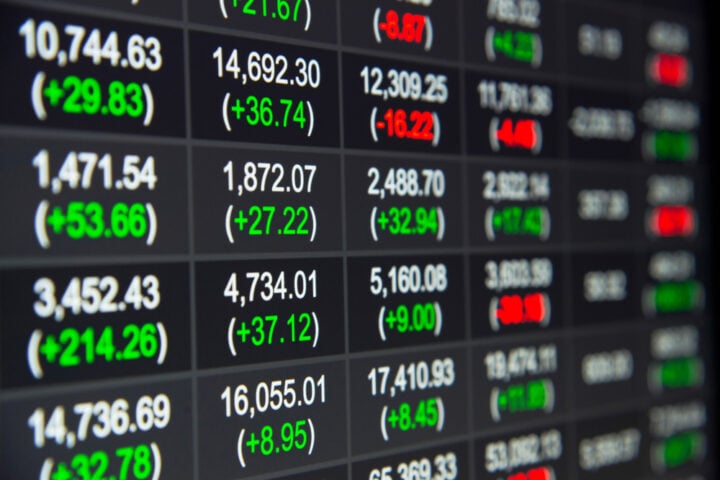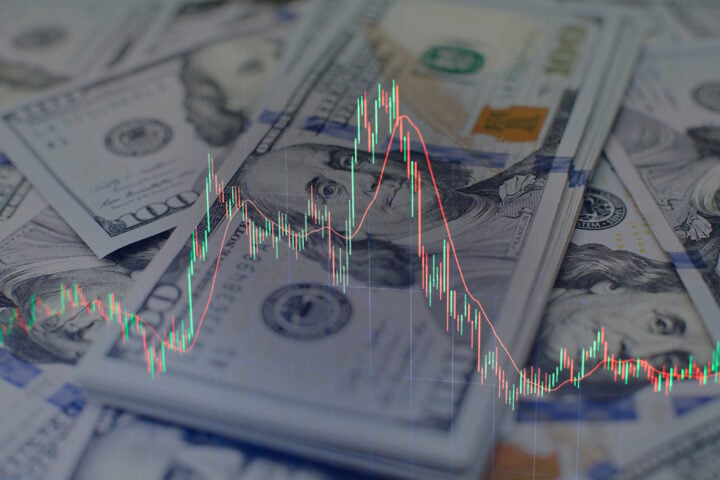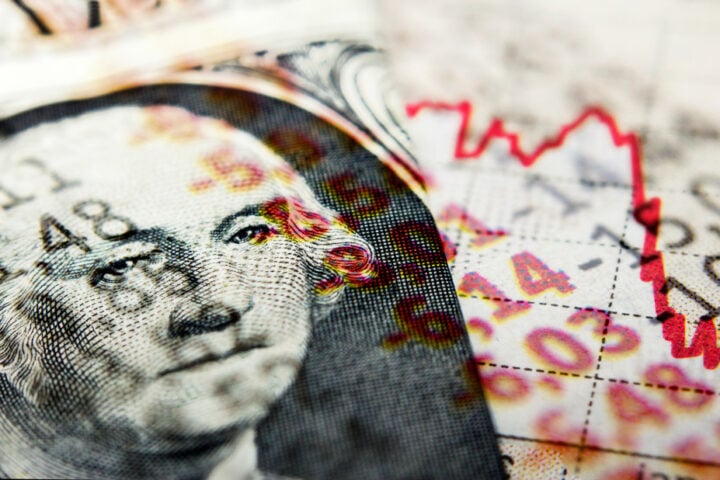Just one day after a historic surge lifted investor spirits, Wall Street is once again reeling. Despite President Trump’s temporary rollback of certain “reciprocal” tariffs, the damage from previous trade policies is surfacing in full force. With markets plunging and global uncertainty rising, investors are waking up to the sobering reality that the economic impact won’t be undone overnight.
The Rebound That Didn’t Last
Wednesday saw one of the most euphoric rallies in U.S. stock market history. The Dow soared nearly 3,000 points, the S&P 500 notched its best day since 2008, and the Nasdaq posted its second-largest daily gain ever. But by Thursday, that optimism had vanished. The Dow plunged over 1,500 points midday, a 3.7% drop. The S&P 500 slid 4.5%, and the Nasdaq fell 5.2%.
The enthusiasm stemmed from Trump’s announcement that he would pause his aggressive reciprocal tariffs for 90 days, creating space for negotiations. These tariffs, ranging from 11% to 50%, targeted dozens of countries and had rattled global markets. Yet the relief was fleeting. Reality hit hard when the White House clarified that goods from China were now subject to a staggering 145% tariff—higher than previously assumed.
Wall Street’s Fragile Sentiment
Though global stocks initially rallied on hopes of easing tensions, Wall Street’s reaction turned sharply negative as the fine print emerged. U.S. stock futures dipped, and the dollar dropped 1.8%, hitting its lowest level since October. While the EU echoed Trump’s move by pausing its retaliatory tariffs, the long-term economic damage remains, experts warn.
“My sense here is that the [U.S.] economy is still likely to fall into recession, given the level of simultaneous shocks that it’s absorbed,” said Joe Brusuelas, chief economist at RSM. “All this does is postpone temporarily what will likely be a series of punitive import taxes put on U.S. trade allies.”
Global Response and China’s Retaliation
International markets responded with sharp rebounds. Japan’s Nikkei rose more than 9%, South Korea’s Kospi climbed 6.6%, and Taiwan’s Taiex jumped 9.3%. European stocks surged as well, with the STOXX 600 up 4%, and Germany’s DAX gaining 4.9%. European Commission President Ursula von der Leyen welcomed Trump’s pause, calling it “an important step towards stabilizing the global economy.”
Meanwhile, China imposed 84% retaliatory tariffs on U.S. imports. The Chinese Commerce Ministry remained open to negotiations but issued a warning: “If the U.S. chooses confrontation, China will respond in kind. Pressure, threats and blackmail are not the right ways to deal with China.”
Investors Caught in the Middle
Billionaire investor Ray Dalio applauded Trump’s temporary pause. “There are better and worse ways of handling our problems with unsustainable debt and imbalances,” he said. “President Trump’s decision to step back from a worse way and negotiate… is a much better way.” Still, not all investors are convinced. JPMorgan maintained its 60% recession forecast, and Goldman Sachs said the odds remain 50-50.
Bond markets and commodities showed similar stress. The 10-year Treasury yield hovered above 4.3%, indicating continued investor unease. Oil prices fell sharply, with U.S. crude dipping below $60 a barrel and Brent crude falling 4% to around $63. ING analysts summed it up: “Markets will not easily forget these episodes with wide market swings.”
A Tense Path Ahead
The short-term relief from Trump’s pause on tariffs may give negotiators some breathing room, but it doesn’t erase the long shadow of trade policy instability. As existing tariffs remain and new ones loom—on pharmaceuticals, semiconductors, and more—investors are preparing for continued volatility.
The question isn’t whether the markets will stabilize—it’s whether the global economy can absorb the shocks long enough to recover. Until clarity returns, Wall Street is bracing for more turbulent days ahead.







